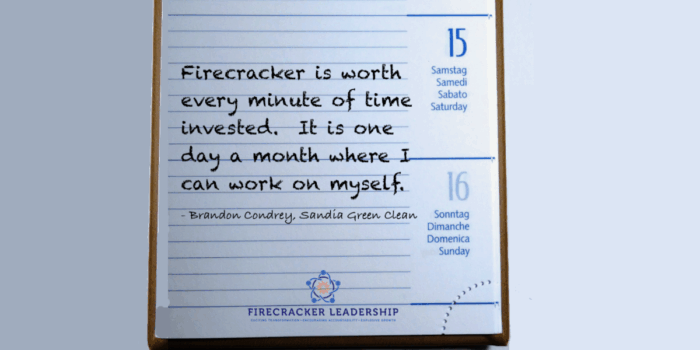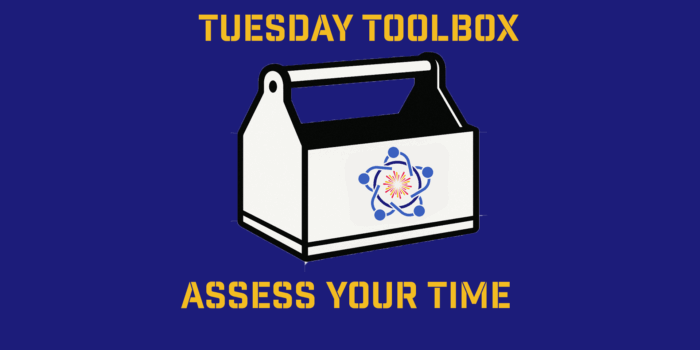Be interested before trying to be interesting.
What’s the smartest way to make a great first impression when you meet a customer, investor, or anyone else? Ask them for advice. It may be counterintuitive, but asking for advice will make you seem smarter.
Unfortunately, many of us believe the opposite is true. If we want to impress a new acquaintance with our smarts, instead of asking for advice–or asking anything at all–we talk about ourselves and our accomplishments. Unfortunately, this approach usually doesn’t work.
That insight comes from bestselling author and CNBC contributor Joanne Lipman, and it’s based on a series of studies by researchers at Harvard Business School and Wharton. In the studies, Lipman writes in a piece for CNBC.com, students were assigned the task of answering IQ test questions while interacting with a supposed partner (really a computer simulation). At the beginning of the test, the “partner” sent a message wishing the student good luck. At the end of the test, the computer-simulated partner sent a second message, saying either “I hope it went well,” or “I hope it went well. Do you have any advice?”
With nothing to go on other than these messages, the students were then asked to rate their partner’s competence. They rated the partners who asked for advice as more competent.
Most people have the wrong idea about making a good impression.
If asking for advice makes you seem more competent, why don’t more people do it? Because most believe the opposite is true, the research shows. In another phase of the study, the Harvard and Wharton researchers gave students questions from an IQ test to solve, again while interacting with a partner that was really a computer. This time, some students were told they’d be rewarded only for getting right answers, and others were told they’d be rewarded depending on how competent their partner rated them. At the end of the test, they could send their partner one of two messages: “Hey can you give me any advice?” or “Hey, I hope you did well.” Or they could send no message at all.
Among students who expected rewards based on right answers, 73.5 percent asked for advice. But of those who expected rewards based on the competence rating their partners gave them, only 32.7 asked for advice.
This study is one of several that demonstrates this irony: Most people fear that asking for advice will make them look dumb, when actually it makes them look smart. At the same time, most of us think that those who ask for our advice are smarter than those who don’t.
From an emotional intelligence viewpoint, these findings make a lot of sense. First of all, most people are flattered when others ask for their advice, and research suggests that flattery is a very useful tool for getting people to like you. “We tend to think: They were smart to ask for my advice because I am smart,” Lipman writes.
Using the Ben Franklin effect.
Beyond that, asking someone for a favor is a surprisingly powerful way to get on their good side. This phenomenon is called the Ben Franklin effect, and it works on almost everyone. The reason it works seems to be cognitive dissonance. If you do a favor for someone you don’t like, that sets up an uncomfortable contradiction in your brain. It’s illogical that you would do something nice for someone you don’t like or don’t care about. Our brains tend to resolve the dissonance by convincing us that we liked this person all along.
There’s another reason you might think that someone who asks you for advice is smart–because they probably are smart. If someone asks you for advice or information, it’s likely they’ve done the same with others. And if they routinely ask other people for advice and information, then they are probably very well-informed.
Whatever the science behind it, the fact is that asking for advice will make people think you’re competent, and might even make them like you. Next time you want to make a good first impression, should you give it a try?
BY MINDA ZETLIN, AUTHOR OF ‘CAREER SELF-CARE: FIND YOUR HAPPINESS, SUCCESS, AND FULFILLMENT AT WORK’



